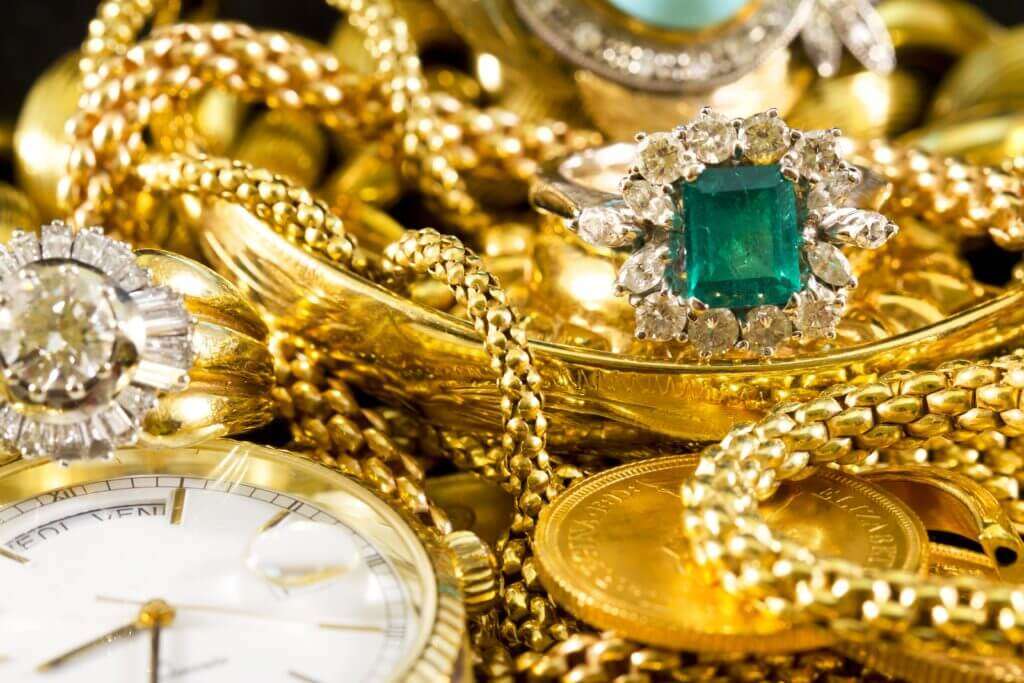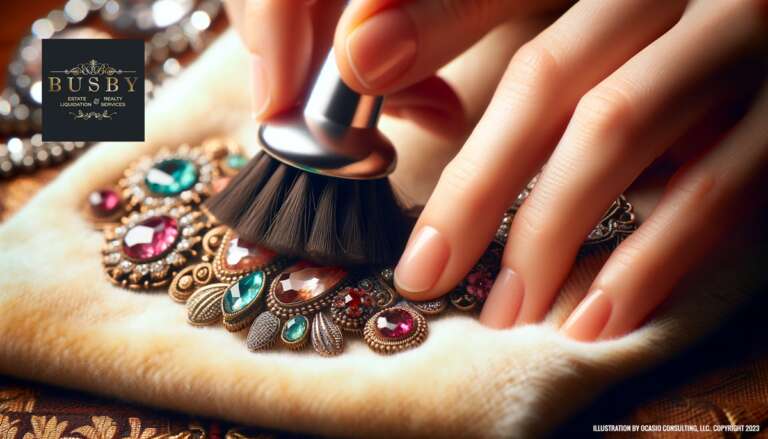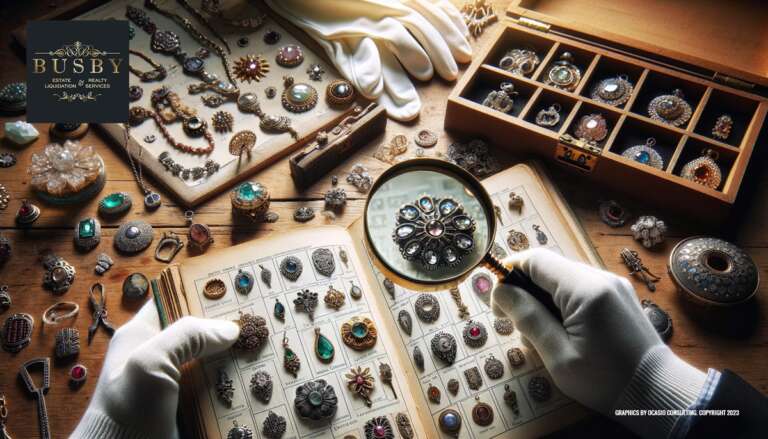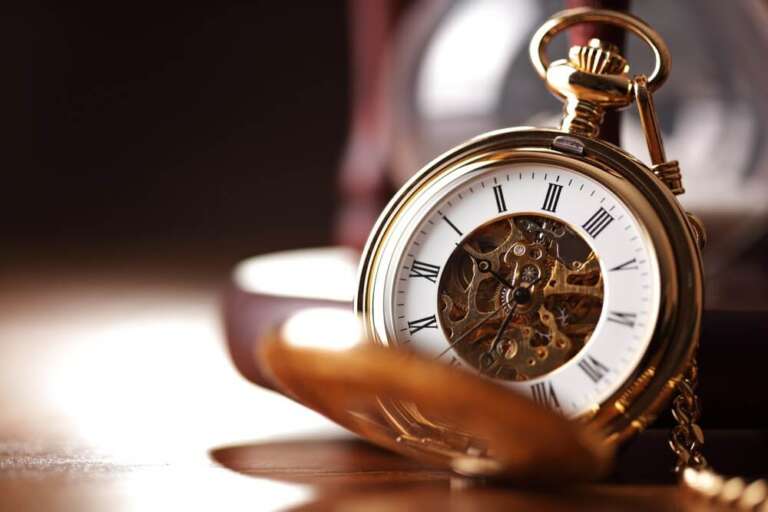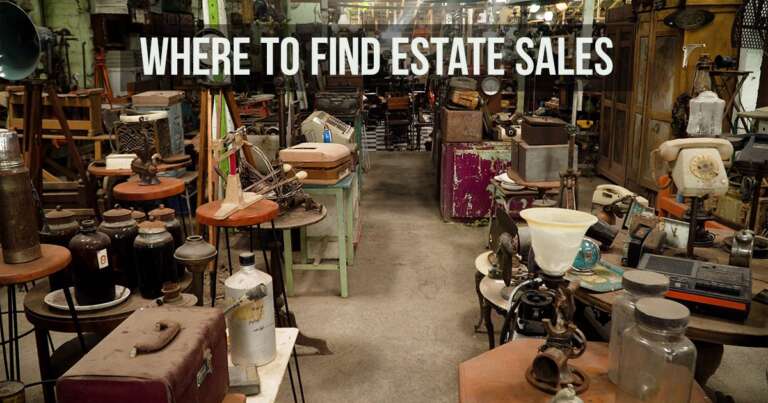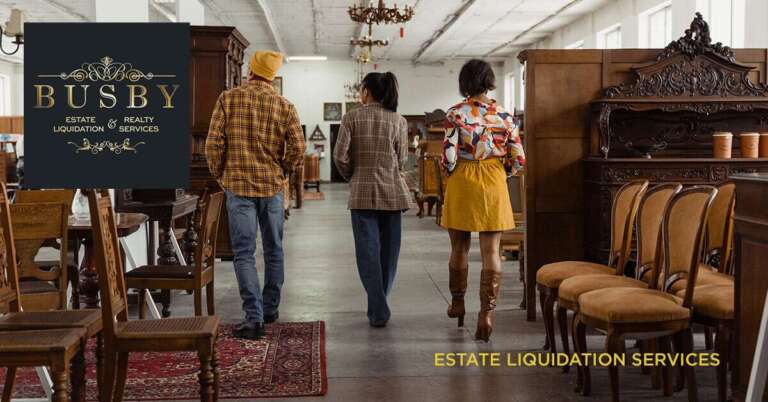How to Buy Antique Jewelry
Introduction
Antique jewelry has long been admired and sought after by collectors and enthusiasts alike. The intricate craftsmanship, historical significance, and unique designs make it an irresistible purchase for large estates.
In this article, we’ll guide you through the process of buying antique jewelry, including where to find it, how to determine its authenticity, and factors to consider when making a purchase.
We’ll also share some tips on how to care for your antique jewelry so it can be cherished by your estate for generations to come.
What is Antique Jewelry?
Antique jewelry refers to pieces that are at least 100 years old, often dating back to the Victorian, Edwardian, or Art Nouveau periods. These pieces are highly valued for their history, design, and rarity, and can range from delicate filigree necklaces to stunning diamond engagement rings.
Why Buy Antique Jewelry?
Uniqueness
One of the main reasons people are drawn to antique jewelry is its uniqueness. Each piece has its own story, and it’s unlikely you’ll find another one exactly like it. By choosing antique jewelry, you’ll stand out from the crowd with a truly one-of-a-kind accessory.
Historical Value
Antique jewelry often carries significant historical value, offering a glimpse into the culture, fashion, and artistry of the past. Wearing a piece of history can provide a deep sense of connection and appreciation for the craftsmanship of a bygone era.
Craftsmanship
The craftsmanship of antique jewelry is often superior to that of modern pieces, with intricate designs and fine details that are rarely seen in contemporary jewelry. This level of skill and artistry adds to the charm and allure of antique pieces.
Where to Buy Antique Jewelry?
Auction Houses
Auction houses are a popular source for antique jewelry, as they offer a wide selection of authenticated and appraised pieces. Attend auctions in person or participate in online auctions to find unique and valuable items.
Antique Shops
Antique shops can be a treasure trove of vintage and antique jewelry. Visit local shops or travel to renowned antique districts to discover hidden gems.
Online Marketplaces
There are several reputable online marketplaces, such as Etsy and Ruby Lane, that specialize in antique and vintage jewelry. Always read seller reviews and verify the authenticity of the item before making a purchase.
Estate Sales
Estate sales can be an excellent opportunity to find antique jewelry, as these sales often include personal collections of high-quality pieces. Look for local estate sales or attend larger sales in nearby cities.
Determining Authenticity
Hallmarks and Maker’s Marks
One way to determine the authenticity of antique jewelry is to look for hallmarks or maker’s marks. These stamps are often found on the inside or back of a piece and can indicate the metal content, country of origin, or the manufacturer. Research these marks to learn more about the jewelry’s history and authenticity.
Expert Appraisals
If you’re uncertain about the authenticity of a piece, consider seeking an expert appraisal. Professional appraisers can evaluate the jewelry and provide you with detailed information about its age, materials, and provenance.
Condition and Wear
Examine the condition and wear of the piece, as authentic antique jewelry will often show signs of age. Look for a natural patina or wear patterns that are consistent with the jewelry’s age.
Factors to Consider When Buying Antique Jewelry
Budget
Set a budget before you start shopping for antique jewelry. This will help you narrow down your options and prevent impulse purchases. Remember that you may need to allocate funds for any necessary repairs or restorations, as well as appraisals and insurance.
Style and Design
Consider the style and design of the jewelry you’re interested in. Do you prefer bold, statement pieces, or delicate, intricate designs? Familiarize yourself with different historical periods and their corresponding jewelry styles to find pieces that resonate with you.
Materials and Gemstones
When purchasing antique jewelry, be aware of the materials and gemstones used. Some older materials, such as natural pearls or certain types of enamel, may require special care. Additionally, some antique gemstones may have been treated or enhanced in ways that are no longer practiced, affecting their value and durability.
Quality and Condition
Evaluate the quality and condition of the antique jewelry before making a purchase. Look for signs of damage or previous repairs, and ensure that any gemstones are secure in their settings. Keep in mind that some wear and imperfections are normal for antique pieces, but excessive damage may impact their value and longevity.
How to Care for Your Antique Jewelry
Proper care is essential for preserving the beauty and value of your antique jewelry. Store your pieces in a clean, dry environment, away from direct sunlight and extreme temperatures. Avoid exposing antique jewelry to harsh chemicals or abrasives, and remove it before engaging in activities that could cause damage, such as swimming or gardening. Regularly inspect your jewelry for signs of wear or damage, and consult a professional jeweler for any necessary repairs or maintenance.
Conclusion
Buying antique jewelry can be an exciting and rewarding experience, as it allows you to own a piece of history and appreciate the skill and artistry of a bygone era. By knowing where to find antique jewelry, how to determine its authenticity, and what factors to consider when making a purchase, you can confidently invest in timeless treasures that will bring joy for years to come.
Frequently Asked Questions (FAQs)
- Is antique jewelry a good investment?
Antique jewelry can be a good investment, as it often appreciates in value over time due to its rarity, historical significance, and craftsmanship. However, it’s essential to research and verify the authenticity of the piece before making a purchase.
- How can I clean antique jewelry?
To clean antique jewelry, use a soft, lint-free cloth and gently wipe away any dirt or grime. For more thorough cleaning, consult a professional jeweler, as certain materials and gemstones may require specialized care.
- Do I need to insure my antique jewelry?
It’s a good idea to insure valuable antique jewelry to protect your investment in case of theft, damage, or loss. Obtain an appraisal from a reputable appraiser, and discuss coverage options with your insurance provider.
4. What should I look for in an expert appraiser?
When seeking an expert appraiser, look for someone with experience and expertise in antique jewelry. They should be accredited by a reputable organization, such as the American Society of Appraisers or the Gemological Institute of America. Additionally, ask for references and reviews from previous clients to ensure their credibility.
- How can I tell if a piece of antique jewelry is valuable?
Several factors contribute to the value of antique jewelry, including its age, rarity, materials, craftsmanship, and provenance. Researching hallmarks and maker’s marks can provide valuable information about the piece’s history. Seeking an expert appraisal can also help determine its value and authenticity.

